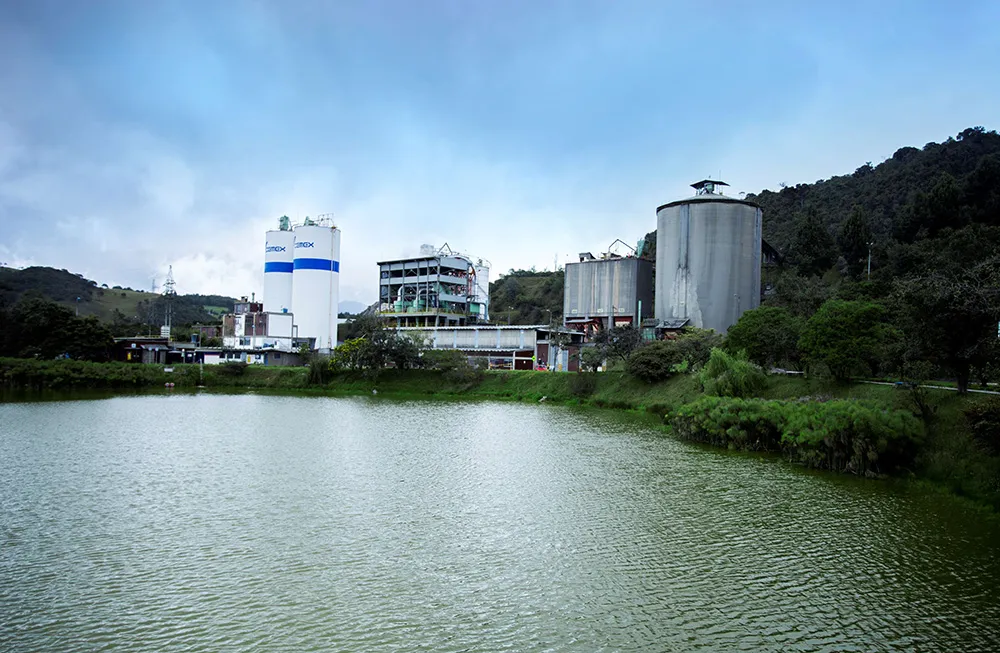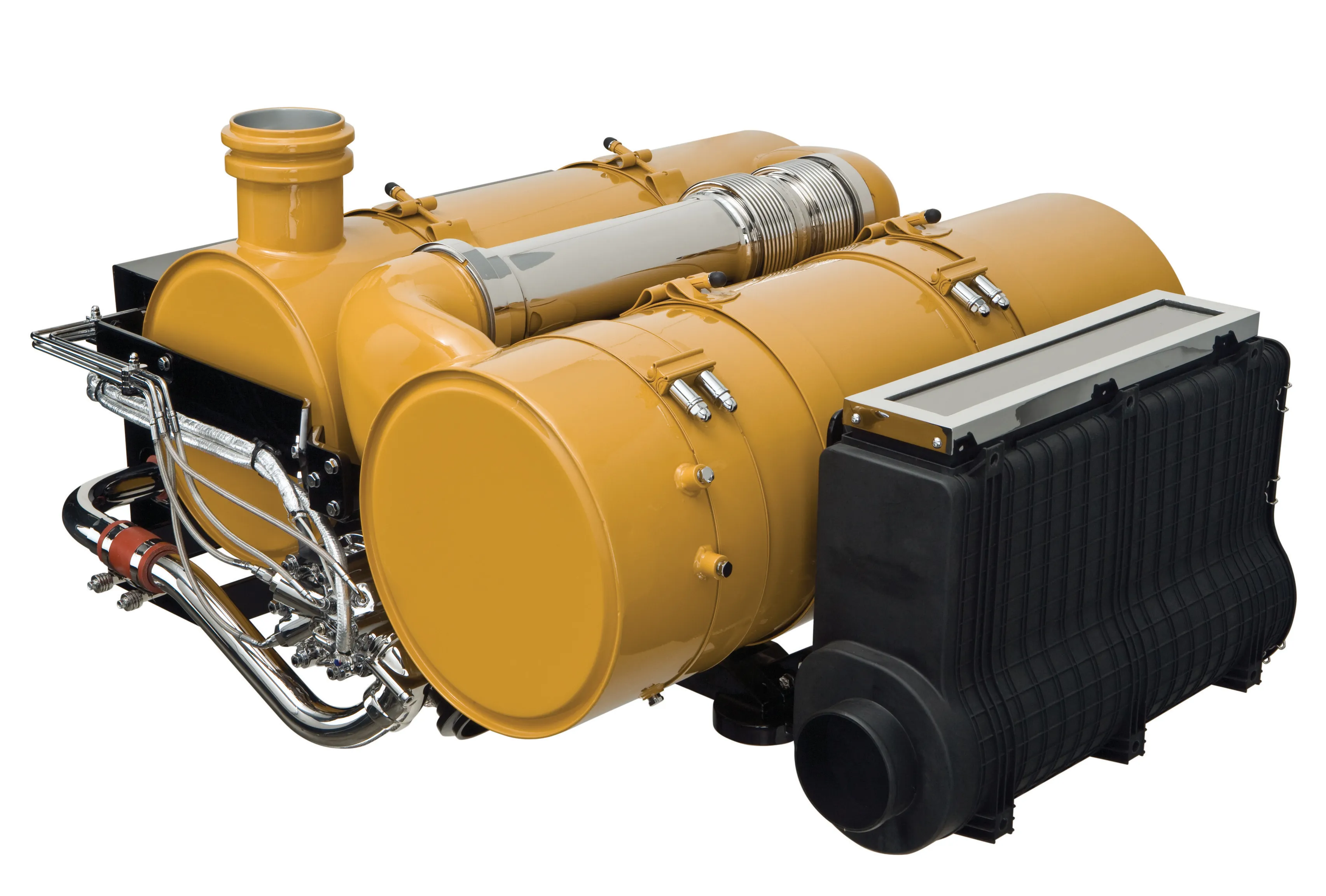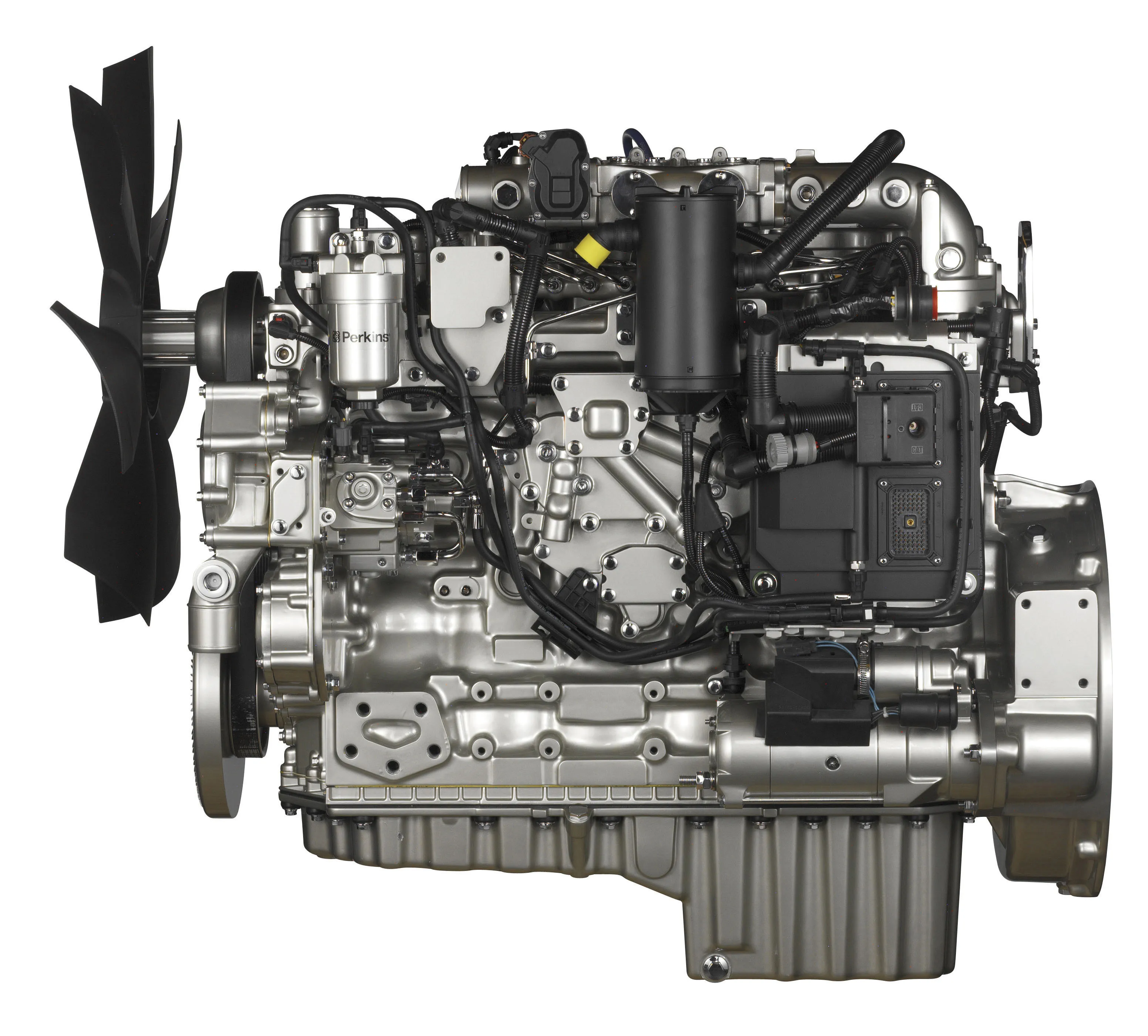Colombia's Santa Rosa cement plant is now the first Cemex facility in its South, Central America and the Caribbean (SCAC) region to attain water self-sufficiency.
September 12, 2023
Read time: 1 min

The plant independently meets its water requirements using a 9,000m3 reservoir, constantly replenished due to rainwater, runoff, and water circulation devices. The move aligns with the company's Water Management Roadmap, a critical facet within the Future in Action programme. The achievement takes Cemex closer to its 2030 target of reducing freshwater consumption in cement operations by 20%.









